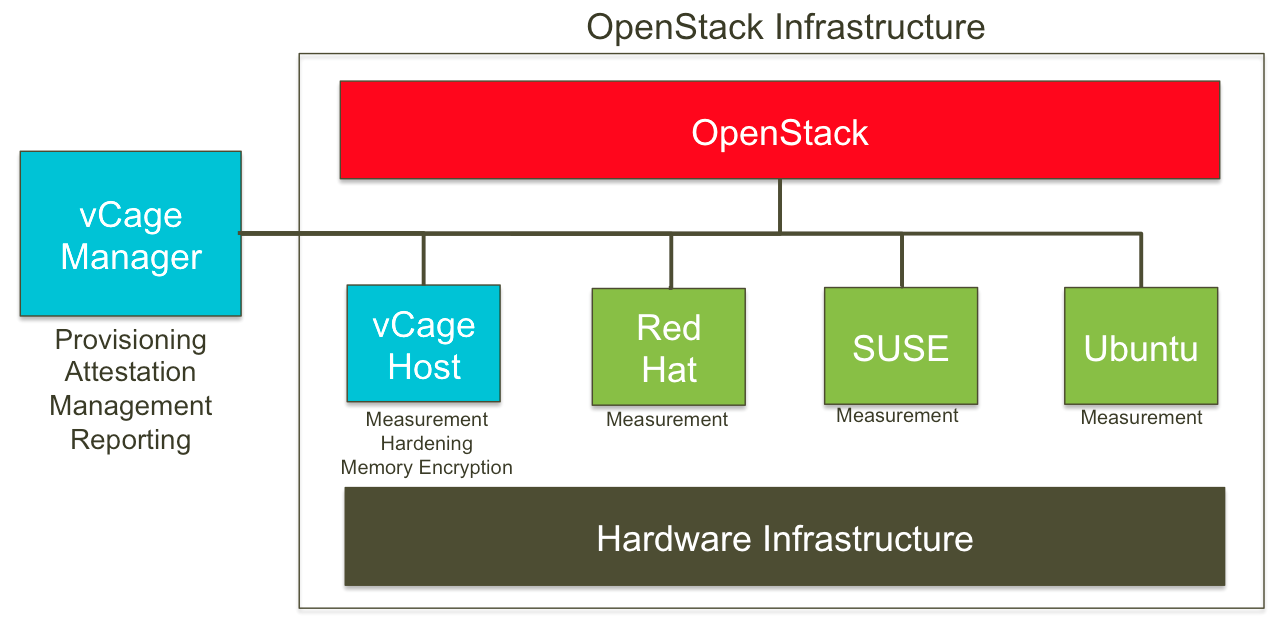

It is often forgotten that the Werbach’s ‘Digital Tornado’ paper Footnote 10 heralded a model of limited state regulation, but very substantial responsible collective self-regulation (‘consensus and running code’) within transnational law. Settled policy on liability, privacy, trust, encryption, open Internet policies against filtering, were arrived at as a result of expert testimony and exhaustive hearings.įinally, in Part 4, I argue that hanging those policies on a whim results in potentially catastrophic results in terms of untying the Gordian knots of intermediary safe harbour, privacy, copyright enforcement, and open Internet European regulations. In Part 3, I argue that the use of co-regulation has been fundamentally embedded since European nations began to enforce these rules, with limited enforcement in which judges and regulators stated that business models largely focused on encouraging illegal posting would not be protected.

While some US authors are hamstrung by a faith in the myth of the superuser and somewhat benign intentions of corporations as opposed to federal and state government, there has been a gradual convergence on the role of regulated self-regulation (or co-regulation) Footnote 8 on both sides of the Atlantic. This exceptionalist approach gradually gave way. In Part 2, I explain the foundational rules for the adaptation of liability online initially focused on absolving intermediaries of legal responsibility for end user-posted content. Internet law was a subject of much interest in the 1990s in the US, and some specialist interest in UK and Europe. In the first part of the chapter, I explain how the cyberlawyers of the 1990s dealt with regulation of the then novel features of the public Internet. The 2020s will finally be the decade of cyberlaw, not as ‘law of the horse’, but as digital natives finally help bring the law syllabus, legal practice, and even legislatures into the Information Society.
Retrospective facebook arstechnica full#
We have now come full circle from computer law prior to the Internet’s explaining the importance of robotics, cybernetics, and Electronic Data Interchange (EDI) in the 1980s to an explanation of the Internet’s impact on the law in the 1990s that ranged across the entire syllabus including constitutional law and jurisprudence Footnote 7 to more specialist examinations of law in such areas as intellectual property and telecommunications in the 2000s to a realization that the future was delayed not denied and that cyberlaw is vital to understanding regulation of platforms, of artificial intelligence and robotics, of blockchains, of automated vehicles, and of disinformation in our democracies. Footnote 6 An Internet law expert arriving in a time machine from the mid-1990s would find all this quite shocking. The major gatekeepers are regulated for the public good and public interest, whether that be access providers through infrastructure sharing, electronic privacy, cybersecurity and network neutrality regulation, or the social media, e-commerce and search giants through various duties of care including those for notice and rapid action – in many cases, requiring takedown of allegedly illegal material in a day or even an hour, Footnote 5 and notification of breach of security and privacy to the customer. Footnote 4 Now that broadband Internet is ubiquitous, mobile, and relatively reliable in urban and suburban areas, it is being regulated as all mass media before it.

Footnote 3 The Internet is not a lawless, special unregulated zone it never was. The global communications network connected by the Internet Protocol has transformed the consumer/prosumer and small business experience of electronic communication. This chapter is both a retrospective, and also even a requiem, for the ‘unregulation’ argument in Internet law in the past twenty-five years, and a prospective on the next twenty-five years of computer (or cyber) law, Footnote 1 in which many of the expert treatises of the 1990s need to be dusted down and reabsorbed.


 0 kommentar(er)
0 kommentar(er)
